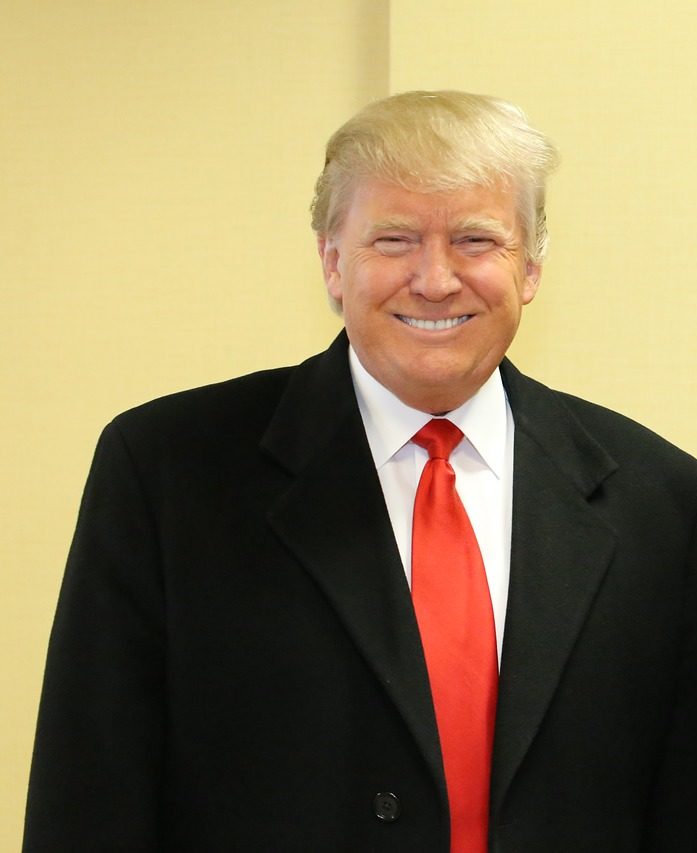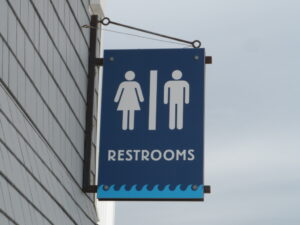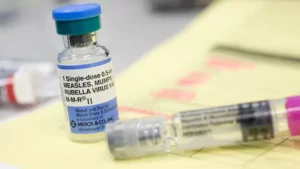Last week a whistleblower alleged that Donald Trump abused his official power of the Executive Office, and alleged that “the President of the United States is using the power of his office to solicit interference from a foreign country in the 2020 U.S. election.” Furthermore, the whistleblower claimed that the White House attempted to cover it up. A transcript of President Trump’s call with President Zelensky of the Ukraine shows he repeatedly attempted to push Zelensky to investigate Democratic Presidential candidate Joe Biden’s son Hunter. To date no evidence of wrongdoing by the Bidens has been uncovered.
House Speaker Nancy Pelosi (D-Calif.) announced a formal impeachment inquiry of President Trump on Sept. 24. If through this inquiry, evidence of wrongdoing is found the articles of impeachment may be filed by Congress, but what is impeachment, and what does it mean? Impeachment means that Congress thinks the president is no longer fit to serve and should be removed from office. Under the framework of the Constitution, the House can vote to impeach a president for high crimes and misdemeanors. The key clause is: “The President, Vice President and all civil Officers of the United States, shall be removed from Office on Impeachment for, and Conviction of, Treason, Bribery, or other high Crimes and Misdemeanors”.
The phrase “high crimes and misdemeanors” is considered to mean a violation of oath of office, not necessarily a crime in the traditional sense of breaking the law. It is up to the House of Representatives to determine what that means. Impeaching the President is not the same as removing him from office. In order to remove a president from office the Senate holds a trial presided over by the chief justice of the United States. For the Senate to vote on the president’s removal from office, there must be 218 votes in favor of impeachment in the house.
Several polls have been released, one from Quinnipiac University, which was taken as the allegations were coming to light, showed that a majority of Americans, 57 percent, didn’t support impeachment. However, a more recent CBS News-YouGov poll published Sunday, after a redacted version of the whistle blower complaint was publicly released, found that more than half of Americans, 55 percent, approve of the fact that Congress has opened an impeachment inquiry into Trump. These polls show how while Americans are increasingly dubious of the President’s dealings this remains a highly divisive issue for many Americans. Within our school it is important to discuss the significance of this issue, keeping in mind that regardless of political views the importance of civilized discussion between students who may have different political views. It is vital not to let the division between the two parties spread to our classrooms, especially as the political divide deepens in the lead up to the 2020 elections and the aftermath of the impeachment inquiry.








[…] On Wednesday, December 18th, the House of Representatives voted on President Donald Trump’s impeachment, charging him with “high crimes and misdemeanors” on the violation of two articles: abuse of power and obstruction of Congress. For more information on these violations, check out Sarah’s article here: The Impeachment Inquiry: What it means for the President and Students […]